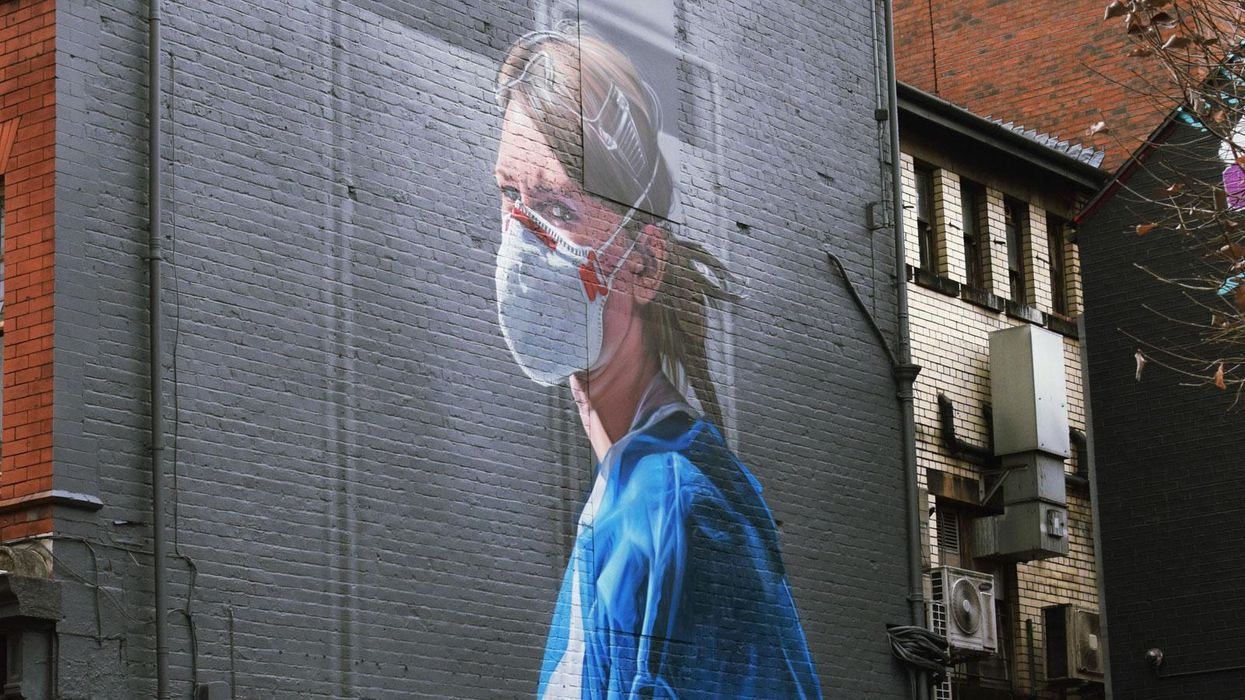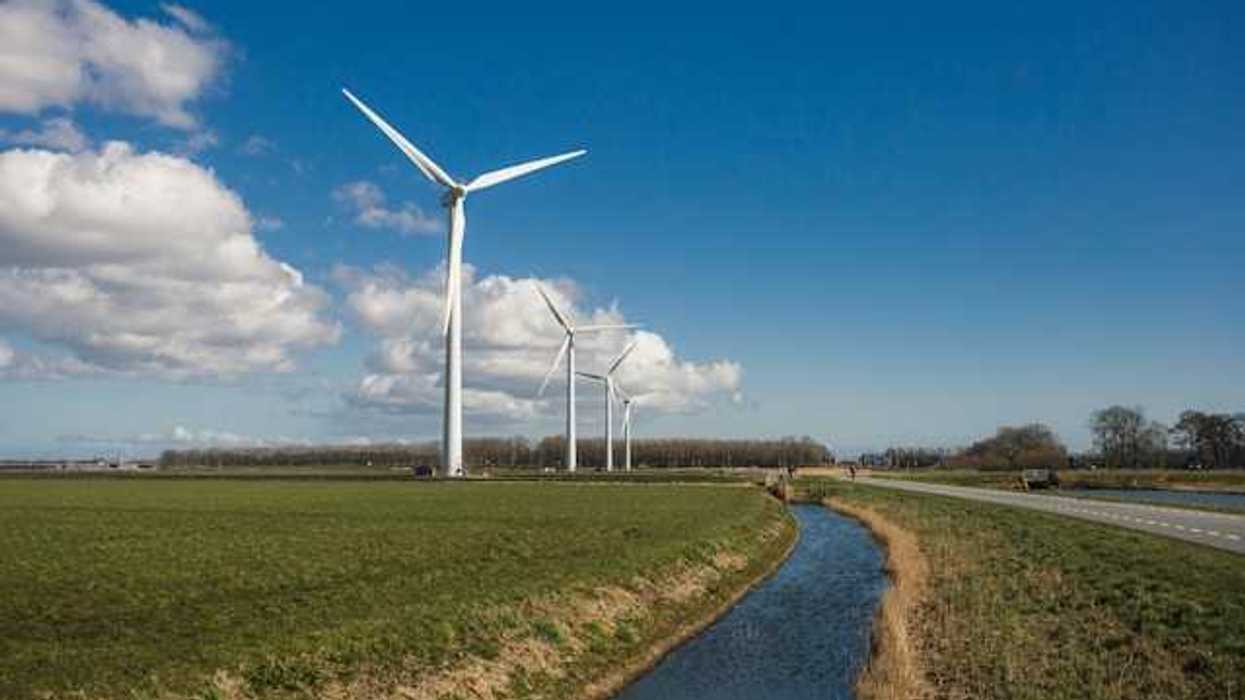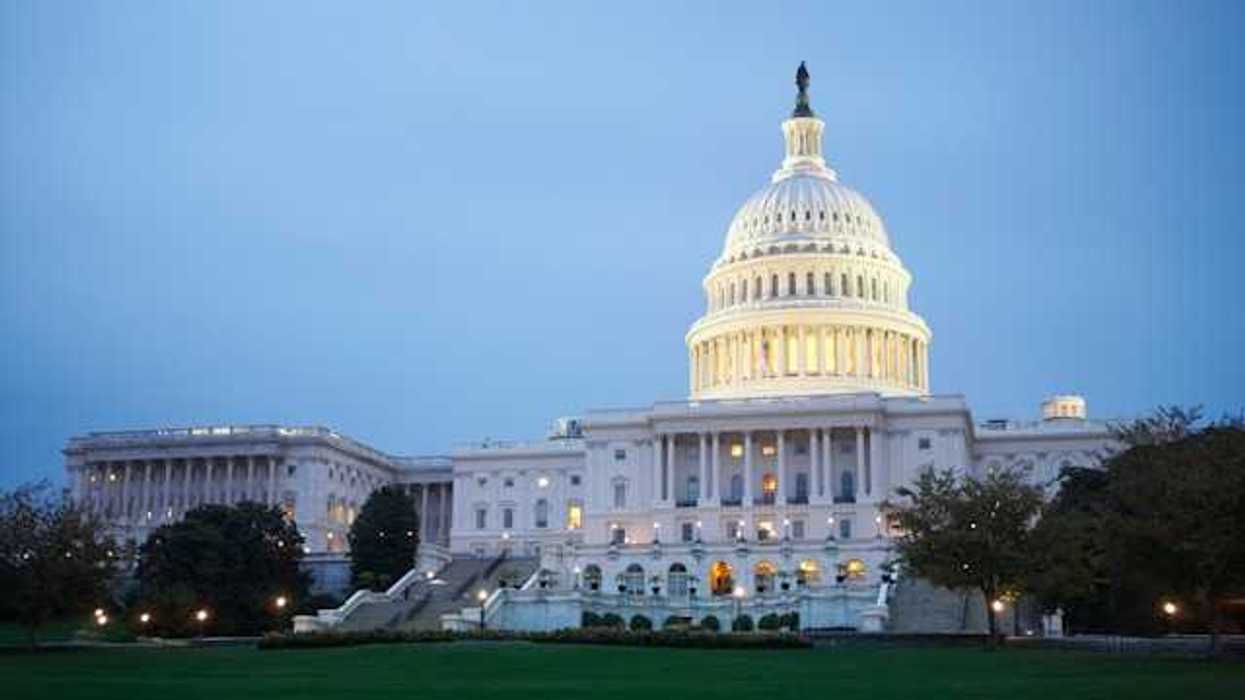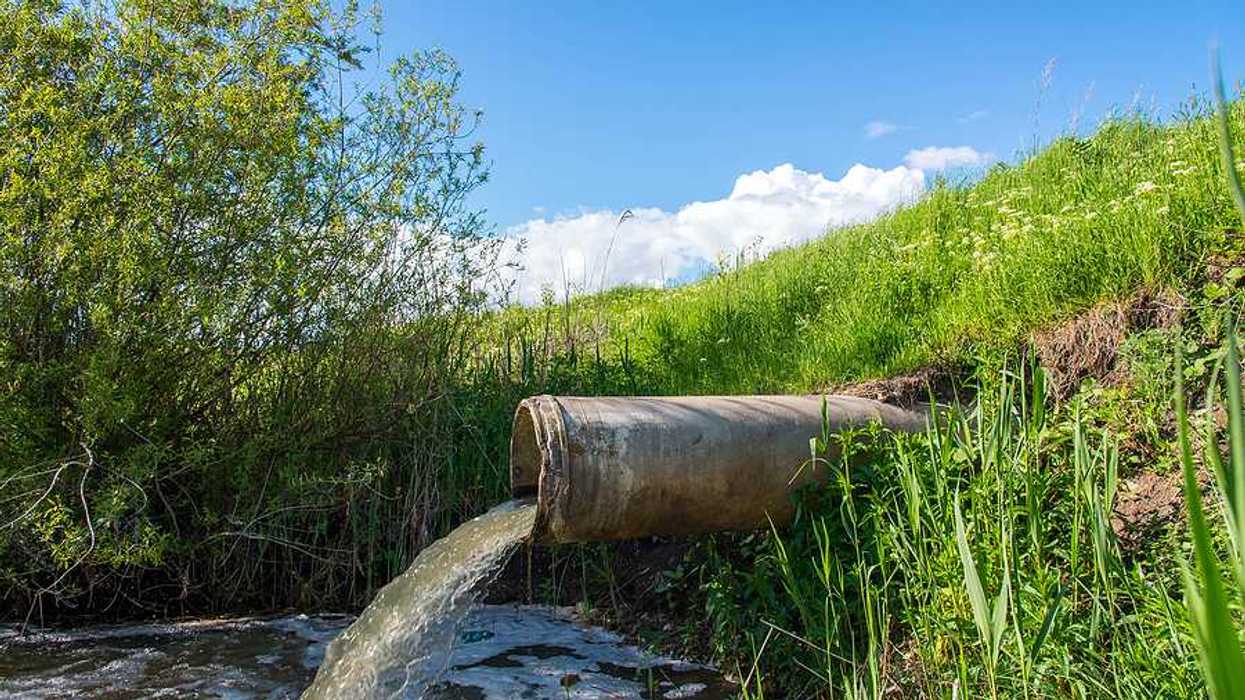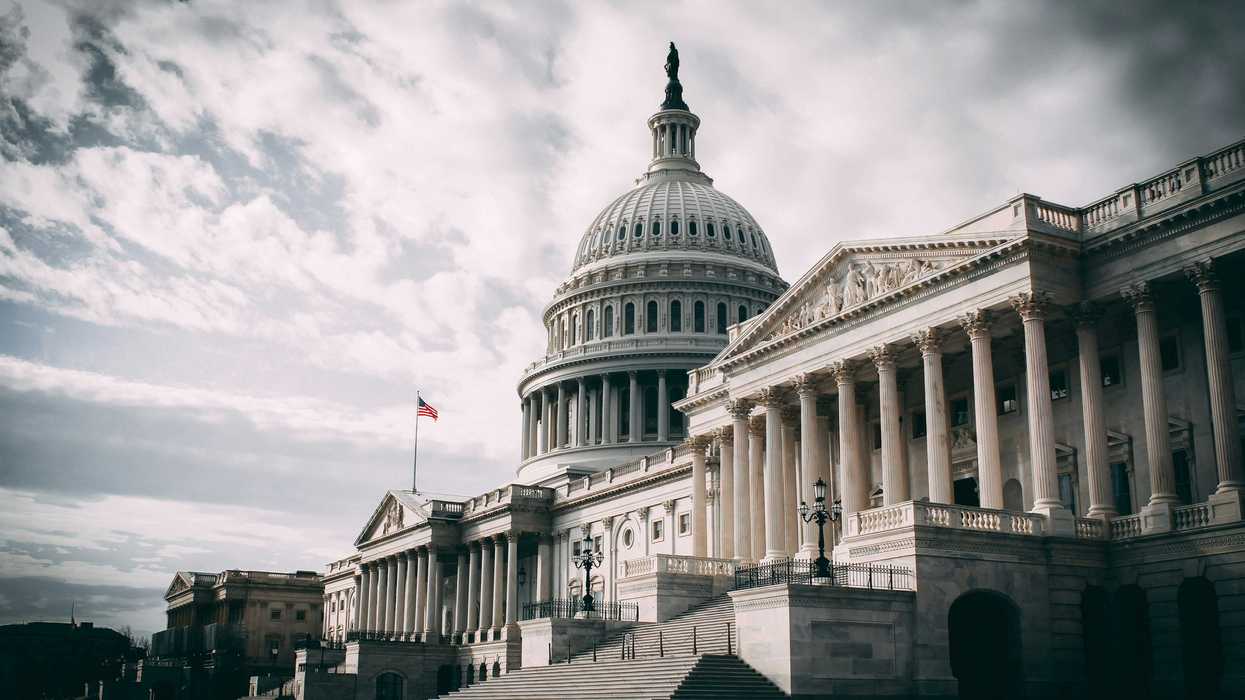2021 brought a focus on healthcare: Why should our health systems, which we encounter when we are at our most vulnerable, be a source of environmental pollutants and toxic chemicals?
The year saw many breakthroughs despite the challenges of a global pandemic. We've tracked those efforts over the year via our new newsletter, Code Green. But here are five of the year's top stories:
1.Europe proposes vastly tighter BPA limits in food contact materials
Not technically a healthcare story, this breaking news story out of Europe promises to ripple across industries and government agencies.
European food safety regulators looked at the science of endocrine disruption and concluded the only safe exposure to BPA is 100,000 times lower than the current standard. If policymakers follow through – and the US follows the science – it's curtains for BPA and many other hormone hijackers in common, everyday products.
Public comment is open until Feb. 8, 2022.
2.DEHP linked to breast cancer resurgence
Troubling science out of Taiwan fingered a key additive to IV sets and tubing as a potential trigger for breast cancer recurrence.
If you're being treated for breast cancer, you might want to inquire if your clinic or hospital is using DEHP-free products.
3.Study: Kids Exposed to Harmful Plastics During Heart Surgery
Women being treated for breast cancer aren't the only ones at risk from DEHP-laced medical products. A study out of Children's National Hospital in Washington, D.C. found children undergoing heart surgery saw spikes in phthalate exposures.
From the summary: "Although phthalate levels returned to baseline by post-surgery day 1, the children who had larger phthalate spikes were more likely to experience junctional ectopic tachycardia and hypotension in the 24 hours after surgery."
4.How racism threatens public health
You don't want to miss this gripping podcast from Agents of Change in Environmental Justice, a collaboration between EHN.org and George Washington University's Milken School of Public Health.
Health is not just biology, but also psychology and our social environment. USC Assistant Professor of Gerontology Dr. Reginald Tucker-Seeley talks of how racism remains a significant threat to public health – and the need for "very targeted policies that address the historical and the systemic racism" on this Agents of Change podcast.
5.How the health sector can lead on climate, health, and equity
It's not all bad news. Gary Cohen, founder of Healthcare without Harm, lays out a vision for how the healthcare industry can pave the way for a more sustainable future.
"As the public health crises of the pandemic, racism, and climate change have ravaged our global communities and health care systems, hospitals are already stepping up to act."
6.Subscribe to our healthcare newsletter, Code Green
Top photo by Matthew Waring/Unsplash.

